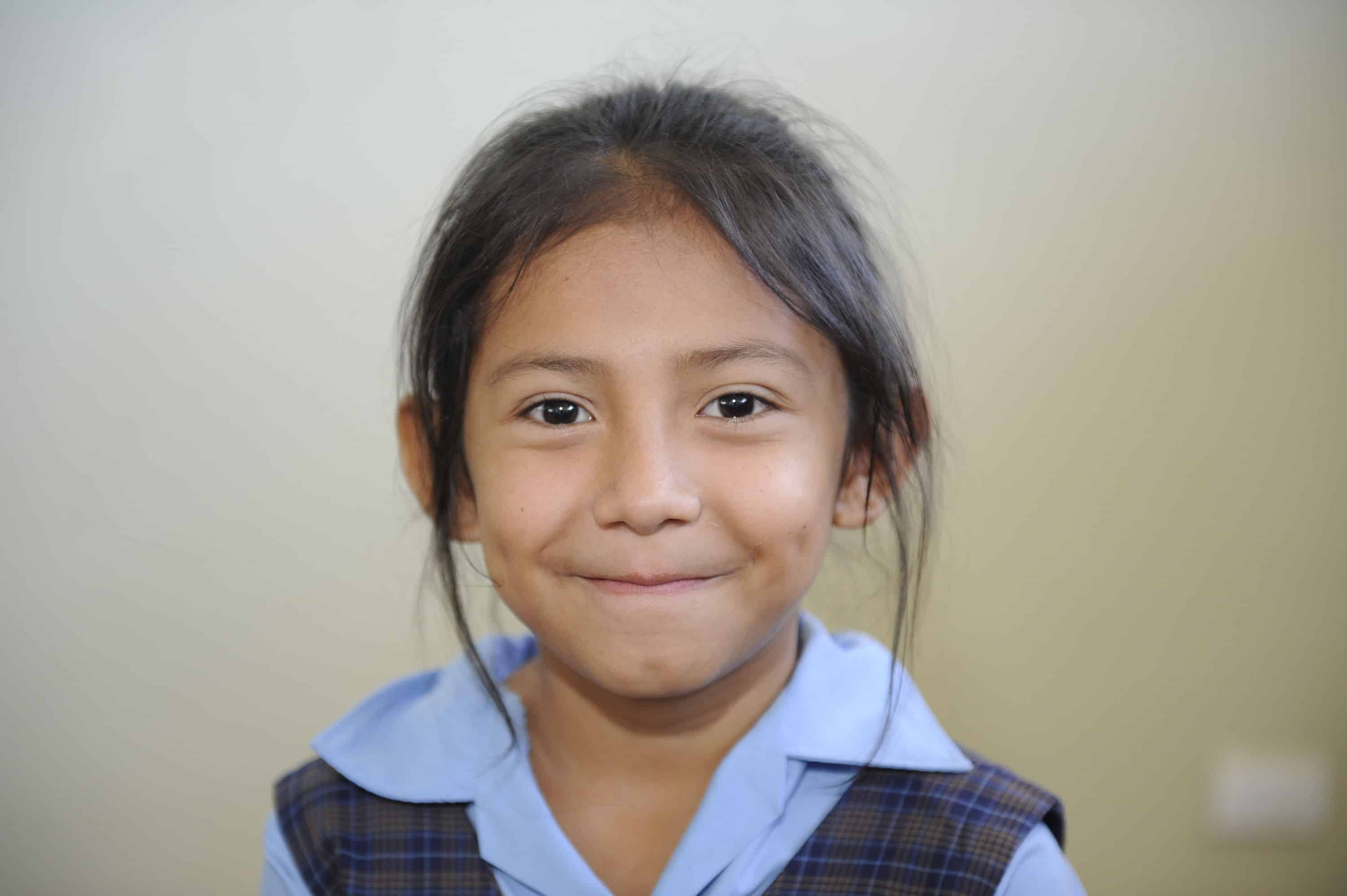Disclaimer: Analogies almost always hobble, limp, and may seem to express things that were unintended. Here, the term “old” should simply be interpreted as meaning experienced; veterans, if you will. The term “dogs” is an unfortunate accident of a well utilized adage that shifts understanding according to individual preference in pets. Had our linguistic history evolved differently, the term might have been replaced with “cat,” or “dolphin,” or any number of anthropomorphized biological entities.
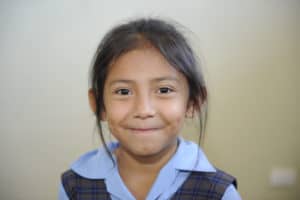
Emely is a third grader at the bilingual school in Camasca. She travels to and from the school a half hour each way with her father Wilson, the van driver, and fourteen other children from Concepcion. Emely was named in honor of Dr. Emily Harrison. Dr. Harrison was recently at the Guachipilincito Clinic with Dr. David McKenna to run yet another successful medical service trip. Dr. Harrison has been faithfully coming here for years. The testament of her commitment is surpassed only by the integrity of the service that she and her teams have achieved within the community. I wonder what accounts for such dedication that has stayed so fresh and empowering.
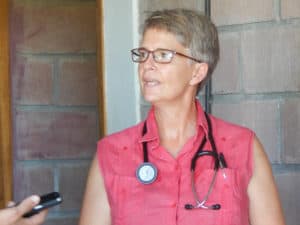
I meet Emily, as we almost always do with service trips, when they arrive at their hotel in La Esperanza. Most of the small group with her has been to Honduras with Shoulder to Shoulder on earlier trips. Dr. McKenna collaborated with the building of the clinic, has been here many times, and serves on the Board for the continuing mission. His daughter, Madeline, a senior at Notre Dame University, has also been here on many occasions, but I am meeting her for the first time. Robert Ashworth, the pharmacist, is on his third trip. Two resident physicians, Shannon, who has been to Honduras, but not with Shoulder to Shoulder, and Keshia, who has been to Guatemala, complete the team. After putting her gear away in her room, Emily returns to the lobby and sits to my side on a sofa. Her wide, characteristic smile greets me and reminds me of how fortunate I am to count people like Emily as friends.
She engages me with inquiries about what’s been going on since we last were together. “What’s going on for Laura and I personally? What’s new for Shoulder to Shoulder? How is the work with education proceeding?” Her genuine interest would yield one to believe that she had never been to Honduras before this trip and knew nothing about Shoulder to Shoulder’s work. There is a freshness and enthusiasm present in her manner, like a freshman away from home at college for the first time. But this is not her first rodeo (yet another less than ideal metaphor), and none of this is new to her. The city she has come to, the hotel, her bus ride tomorrow to Concepcion (along newly paved roads), her pick up ride to Guachipilincito (along all too familiar unpaved and treacherous roads), the clinic, the people of the community, and the patients she will see are all old hat. And yet what seems to dominate her interactions with everything that should simply be routine, is the possibility of the new and the innovative; that something exciting and vibrant can spring forth at any moment. That attitude, that firm conviction, is what enlivens and gives meaning to this service.
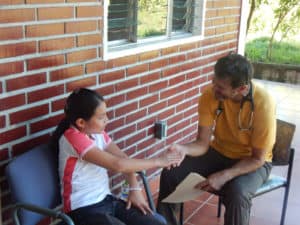
Among these old routines sprout new possibilities. This service trip in October is new. Brown/Wingate has been coming to Honduras twice a year, but this trip is the third trip this year, and the hope is that it will become a regular occurrence toward more sustainable service to the community. Additionally, Shoulder to Shoulder, with funding from Brown has just hired Iris as the Community Development Coordinator. She will work in the community when the service team is not on site to assess the needs of the community, run development and service programs, and provide feedback to Dr. Harrison and the Board as to best practices in maintaining a service mission in Guachipilincito. This development thrills Emily as it has been being planned and talked about for years. Now it has come to be, a realization of that commitment to developing meaningful, empowering service.
Laura and I visit Guachipilincito and the service team on Wednesday. At first glance, it appears pretty much the same as all other service trips. They’re seeing patients. Some of them present serious illnesses and conditions, some are reviewing their management of chronic conditions, and some, as always, have come with complaints of pain that they hope will gain them a prescription for Tylenol. Not much new, or so it seems. We sit down to lunch. Madeline learned yesterday that she was accepted to one of the many medical schools to which she applied. It’s the University of Cincinnati, and that reminds her that Shoulder to Shoulder began because of the work of that university. The more things change, the more they remain the same. But Madeline is so committed to the work that she has been exposed to her whole life that she is considering volunteering at our bilingual school during a gap year. That is certainly something new growing out of the old. It’s reason to celebrate.
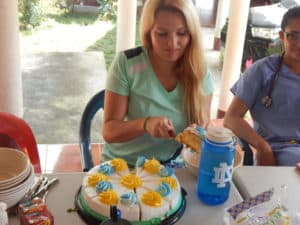
¡Felicidades! Congratuations, Maddy! We are the change that brings good to our world.


